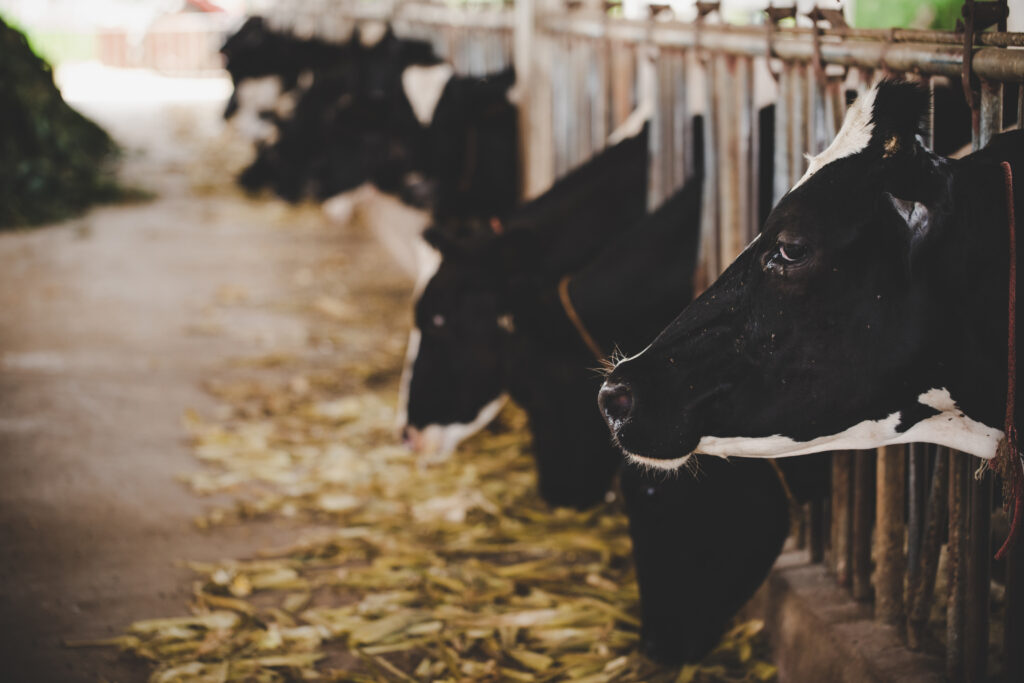Goshalai
A “Goshalai,” also known as a “Goshala” or cow sanctuary, is a shelter dedicated to the care and protection of cows. In many parts of India, cows are considered sacred and are revered for their role in agricultural and spiritual life. The concept of a Goshalai is rooted in the belief that cows are not only a source of milk and other dairy products but also symbolize life, sustenance, and motherhood in Indian culture.
The primary purpose of a Goshalai is to provide a safe and nurturing environment for cows, especially those that are old, sick, abandoned, or otherwise in need of care. These shelters ensure that cows receive proper nutrition, medical care, and a peaceful habitat where they can live out their lives with dignity. In many Goshalais, cows are also protected from being slaughtered, reflecting the ethical and religious values associated with cow protection in Hinduism and other Indian religions.
Goshalais often rely on donations and voluntary support from the community to operate. Many are managed by charitable organizations, temples, or local community groups, who see the care of cows as a sacred duty. The activities of a Goshalai may include not only the care of cows but also the promotion of sustainable agricultural practices, such as the use of cow dung and urine in organic farming, which are considered valuable resources.
In addition to their practical functions, Goshalais often serve as centers for spiritual and cultural activities. They are places where people can come to perform religious rituals, seek blessings, and engage in the ancient practice of “Goseva” (service to cows), which is believed to bring spiritual merit.

In today’s world, Goshalais play an important role in preserving traditional practices, promoting animal welfare, and maintaining the ecological balance through sustainable practices. They stand as symbols of compassion and reverence for life, embodying the principles of care and respect for all living beings.
